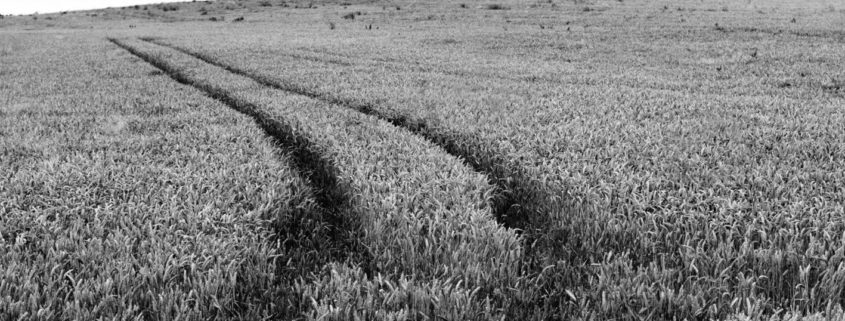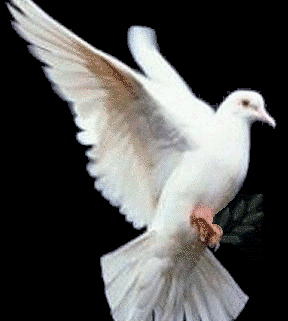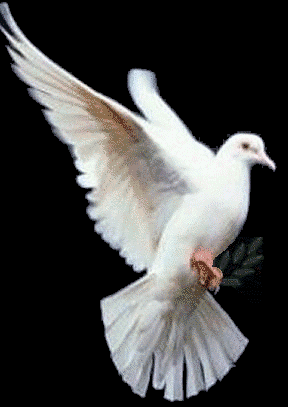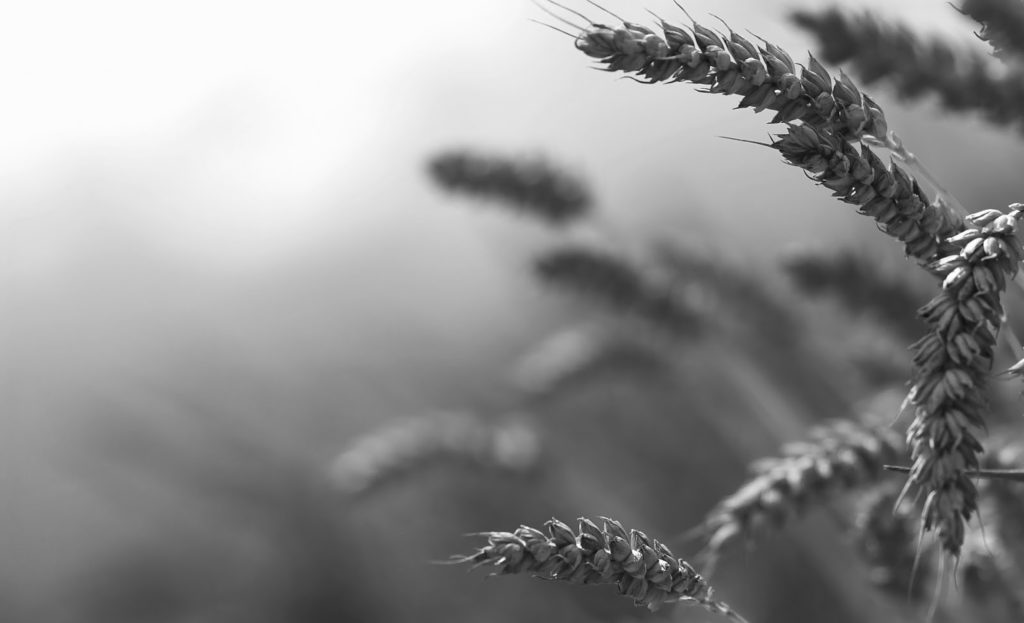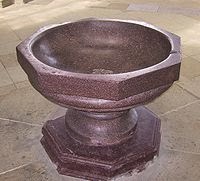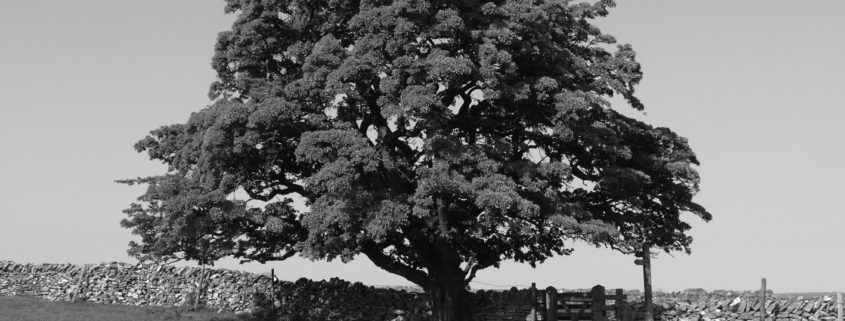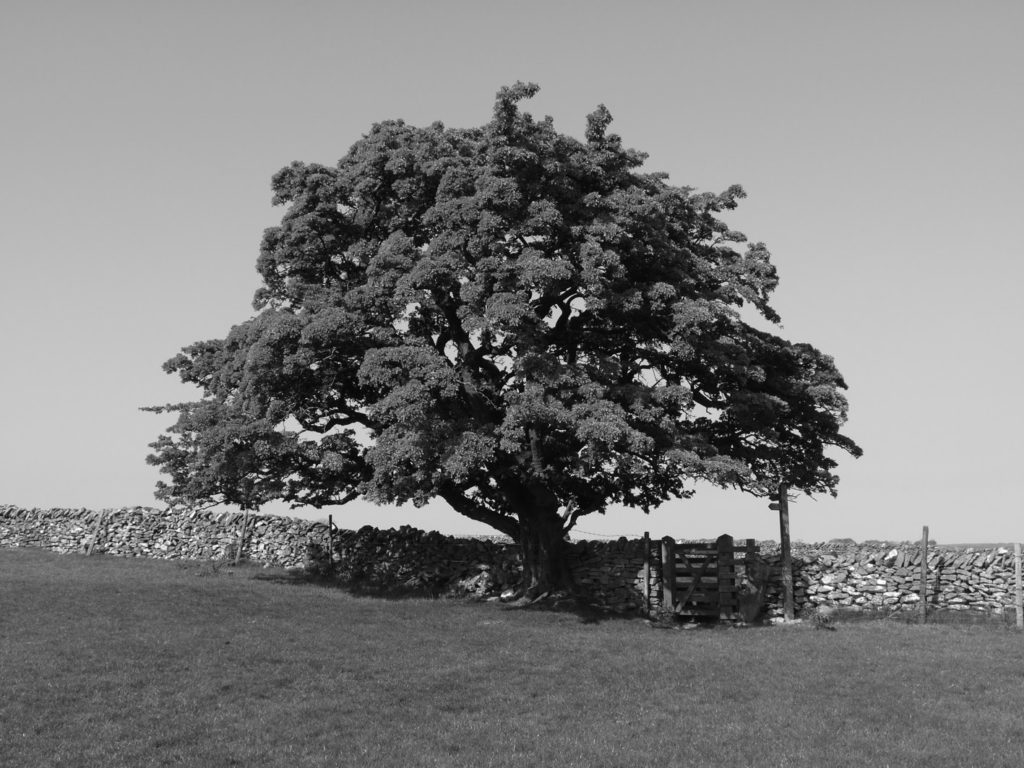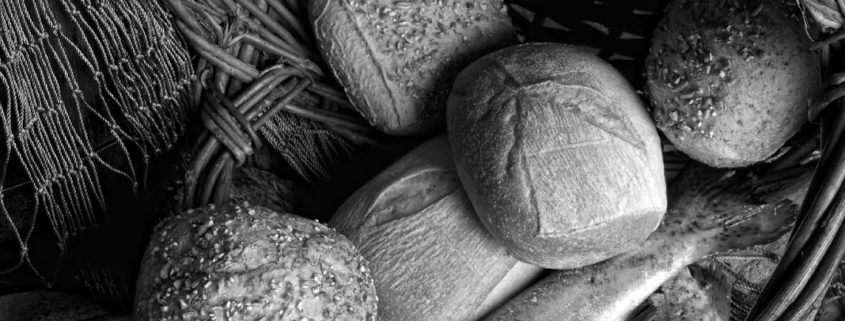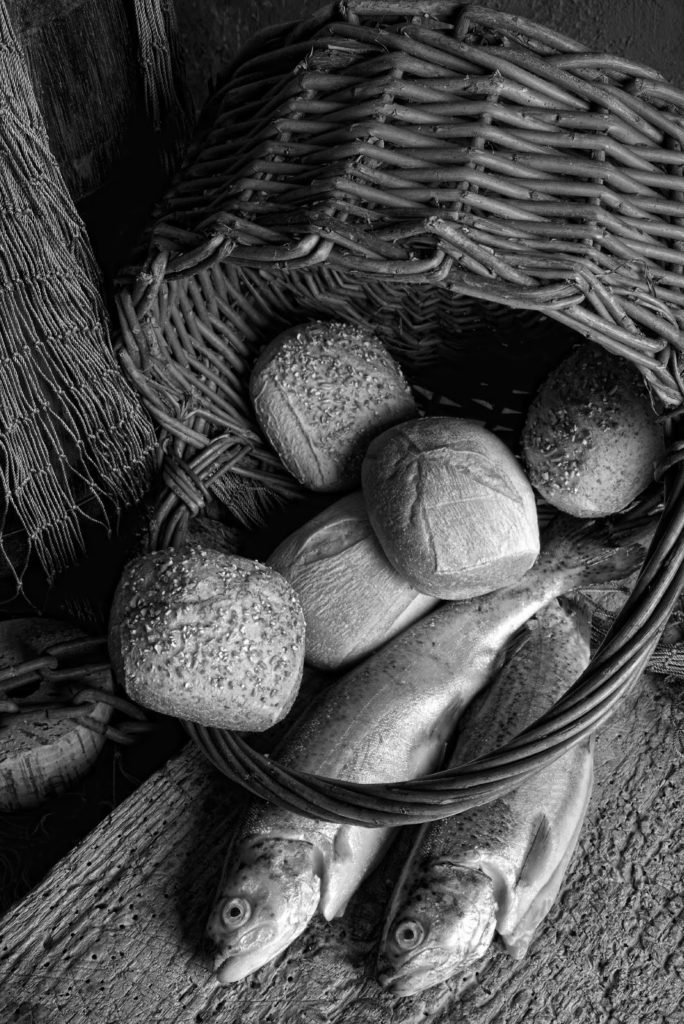“Harden not your hearts”
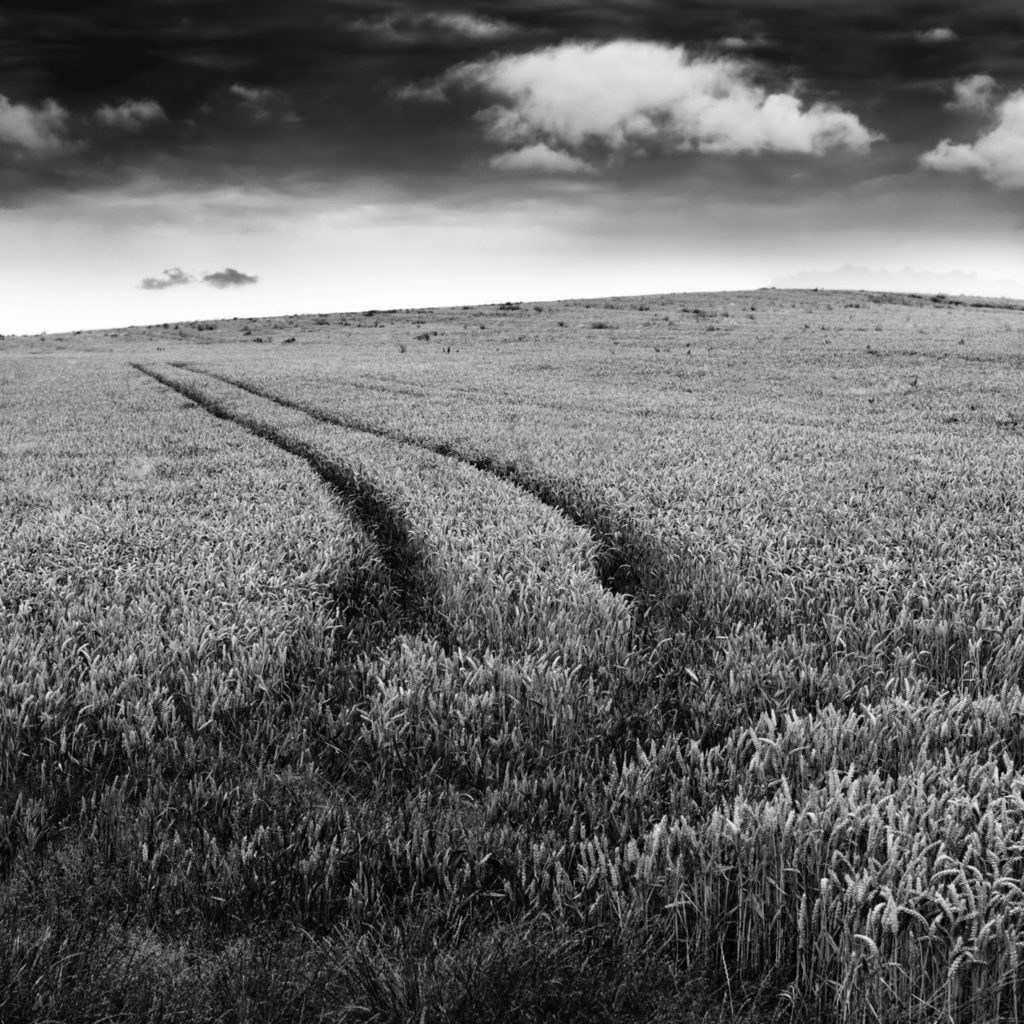 The Psalm now commends to us something we need to avoid if we are to hear God’s voice today as we attend to scripture in private prayer and public worship. Something more than stillness and attention is required.
The Psalm now commends to us something we need to avoid if we are to hear God’s voice today as we attend to scripture in private prayer and public worship. Something more than stillness and attention is required.
We are not to harden our hearts: we are to be open to receiving what God would say to us.
The heart in the Hebrew bible is not the centre of romantic love and emotion but the centre of our will: the centre of our being and the place where decisions are made.
To listen without hardening our hearts is to come open to acting on what we hear. This is not simply listening with a view to saying :”That’s interesting or comforting”. This is listening with a view to saying: “Now I must do something in response”. This is listening which is prepared to say: “Here I am, send me”.
One of the images underlying the idea of hard hearts is the picture taken from agriculture. God tells us through the prophets to “plough up our unploughed ground” within (Jeremiah 4.3 and Hosea 10.12). Before the seed is sown in the spring, the soil is broken up with the plough. One of the key parts of this operation is breaking up the deeper levels of soil. Unless this happens the seed lies on the surface and is snatched away (as in the parable of the sower).
Hearts become hard through disobedience (as we shall see in the next verse). Hearts become hard through pride, thinking too much of ourselves. Hearts become hard through comfort and overconsumption.
These are the words of Pope Francis in “The Joy of the Gospel”:
“Whenever our interior life becomes caught up in its own interests and concerns, there is no longer room for others, no place for the poor, God’s voice is no longer heard, the quiet joy of his love is no longer felt and the desire to do good fades” (2).
Earlier generations who preached the gospel in Britain knew and understood that a vital part of that preaching of the gospel was to call the Church to repent of their hardness of heart towards God and towards others and to hear God’s voice afresh and in such a way as their own lives would change. Evangelism is about far more than methods or techniques: it is about the Church becoming absorbed again with the holiness of God.
Repentance for the state of our hearts is therefore part of our response to Psalm 95 and part of our response to the Lord who came and preached in Galilee: “Repent for the kingdom of heaven is at hand”. Repentance in Greek is “metanoia”: a change of heart and mind.
This post is one of a series of daily reflections on Psalm 95 in January, at the start of the Diocese of Sheffield Centenary Year

